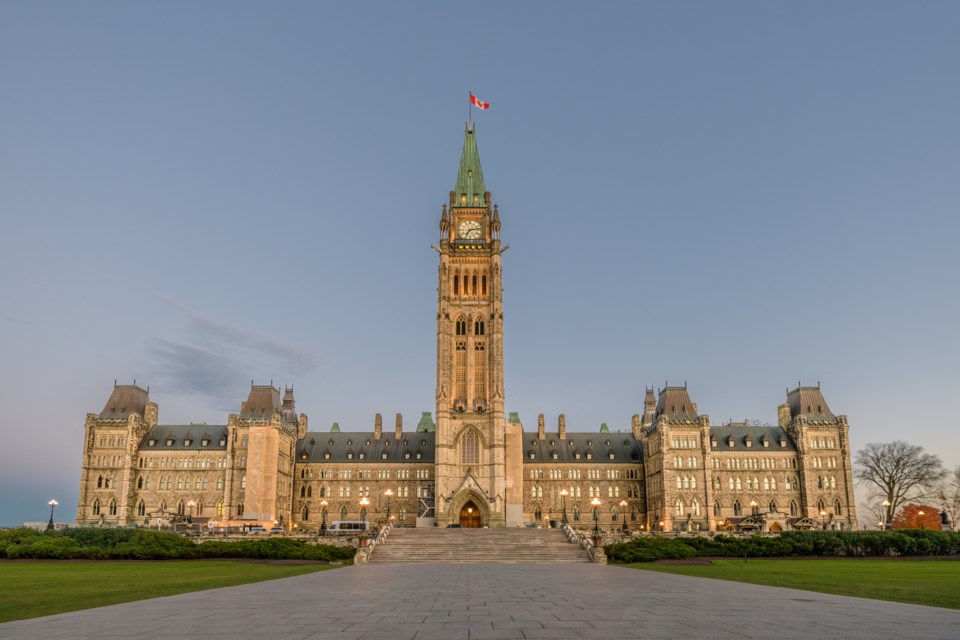If you could sum up this year’s federal budget in one word, it would be housing.
The federal budget was announced this week and includes heavy investment in affordable housing across the country.
Patrick Weiler, MP for West Vancouver–Sunshine Coast–Sea to Sky Country shared insights on how the budget may affect the Coast.
Weiler said that to him, housing is the biggest challenge facing the country, the province and the Coast. He said that a shortage of affordable housing impacts the recruitment of police officers, firefighters as well as doctors.
The budget looks at solving these challenges with a housing plan for building 3.87 million homes between now and 2031, said Weiler.
Initiatives such as the housing accelerator fund and the apartment construction loan program, which builds nonmarket rental housing, have additional funding through this budget.
Funding has also been allocated to protect existing affordable rentals. Weiler said that this is the cheapest way to preserve housing affordability.
The affordable housing fund, responsible for building “deeply affordable housing” also received additional funding.
The government is also taking steps to incentivize building secondary suites. There are $40,000 no-interest loans now available for those who wish to build secondary suites in their residences.
To boost the speed at which homes get built and to attract more people into the industry, the government is also investing in new training programs and taking steps to recognize foreign credentials faster.
Weiler said that Canada has essentially been building homes the same way for the last century and that the focus going forward will be on “factory-built” homes such as modular or prefabricated homes.
The government is also going to be launching a housing design catalogue, which Weiler said is similar to what was done at the end of Second World War, where builders are given pre-approved designs that they can build on their land without having to go through permit processes.
To make it easier for Canadians to enter the housing market, a renter’s bill of rights is being introduced, which will allow rental payments to count toward a credit score.
The amortization period for first-time home buyers who take from their RRSP to invest has been increased to 30 years as well.
Other tidbits about the budget Weiler shared included:
SAR, firefighter tax credit: There are several search and rescue stations and volunteer firefighter stations on the Coast. Their tax credit has doubled in the new budget, which Weiler says reflects the appreciation that everyone has for the work that these volunteers do. “[This] makes a big difference for people that are literally putting their lives on the line to keep us safe in the water or, running into a burning building.”
Loan forgiveness: To address the rising shortage of essential workers such as doctors and nurses, the government is also introducing student loan forgiveness for those who work in a rural area – which applies to the entire Sunshine Coast.
Disability benefit: Weiler said that the biggest line item in this year's budget was launching the Candian Disability Benefit, a project that he said will be transformational for those living with disabilities. There are roughly 600,000 people of working age with disabilities in Canada, and has one of the highest rates of poverty among any demographic he said.
Indigenous priorities: A large amount of funding was allocated to Indigenous communities, Weiler said. The primary focus is on Indigenous housing, health care and economic reconciliation.
PharmaCare: To ensure Canadians have access to affordable medicine, a new program has been developed. The first two types of medicine covered by this program are contraceptives and diabetes medication.
Jordan Copp is the Coast Reporter’s civic and Indigenous affairs reporter. This reporting beat is made possible by the Local Journalism Initiative.



